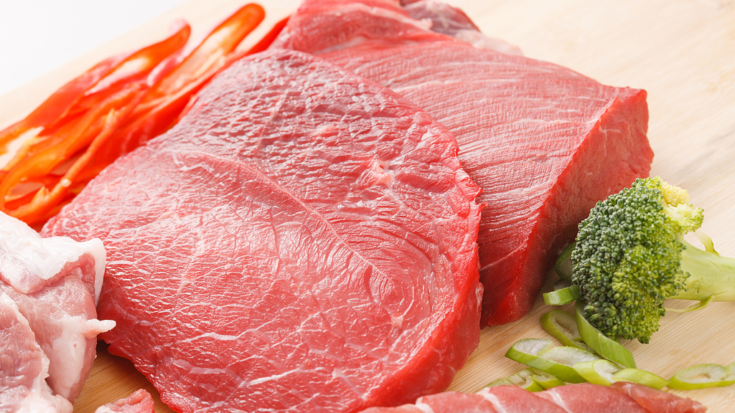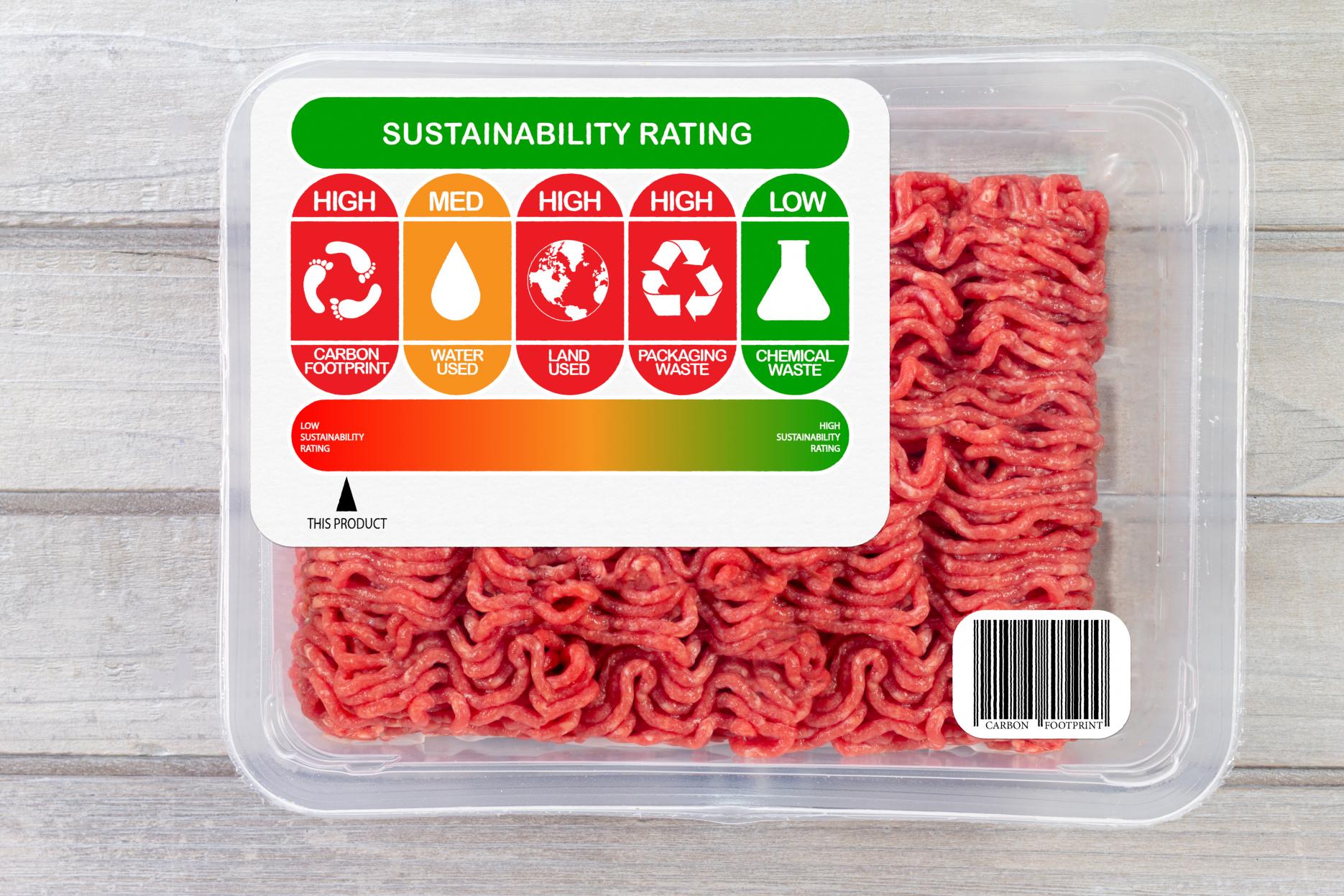China and EU countries like Denmark are streaking ahead of the likes of the UK in making and selling meat substitutes and other alternative proteins a news report said.
A think tank has said the UK alternative protein policy remains underdeveloped and underfunded.
The UK faces an imminent risk of falling behind China and the EU in making and selling meat substitutes and other alternative proteins.
That’s according to the Social Market Foundation (SMF) think tank which suggests the UK alternative protein policy remains underdeveloped and underfunded.
An SMF research found that government departments lack a coherent approach to policies on alternative protein, meaning British productive capacity is likely to lag against other advanced economies.

The SMF calculated that vegetable and plant-based alternatives were equivalent to 4% of total meat sales last year, worth around £1.5 billion.
Last year British alternative protein businesses attracted more than £150 million of capital investment.
Sources from the Department for Environment, Food, and Rural Affairs told ELN the government acknowledges the role of alternative protein sources and this will be explored as part of its upcoming Government Food Strategy white paper.
After Brexit, the Food Standards Agency has been given the power to review its novel food regulatory framework to enable the acceleration of the deployment of new technologies.
Earlier last week, in a session of the Environment and Climate Change Committee, Environment Secretary George Eustice said the government did not aim to launch an advertising campaign that would encourage people to eat less meat to help the environment.

Linus Pardoe, an SMF Research Associate, said: “Sustainable proteins will be a big part of British diets over the coming decade and this is a real opportunity for Britain’s leading food industry, entrepreneurs, and scientists to come together to make alternatives affordable, tasty and healthy.
“At the moment, the government is not doing enough to light the fires of innovation and drive a consumer-led transition to greener diets.
“Current inertia in Whitehall risks squandering opportunities for British businesses, offshoring the benefits of sustainable proteins to countries like China, Denmark and the Netherlands.”









